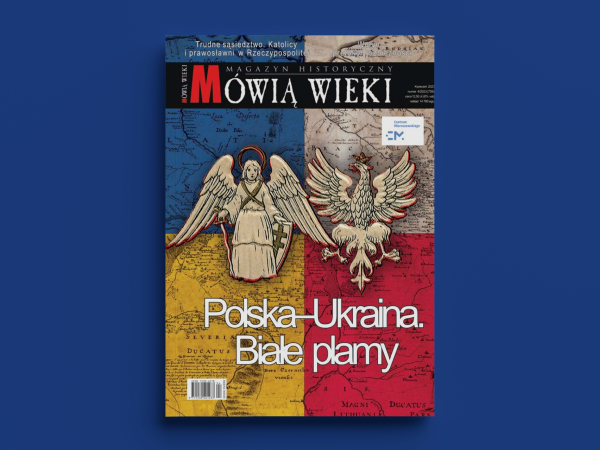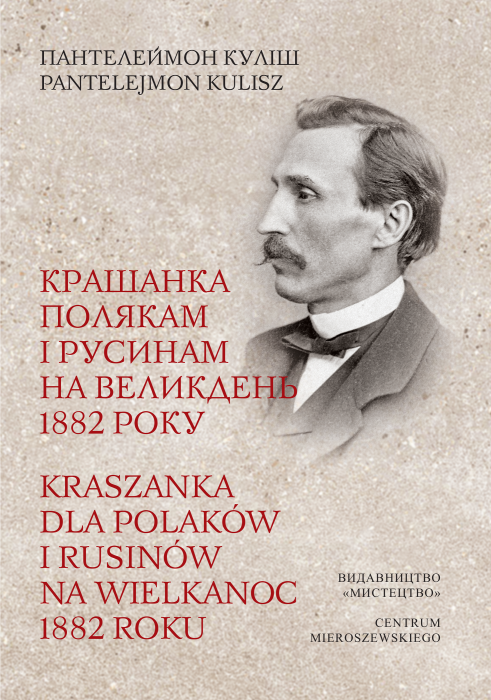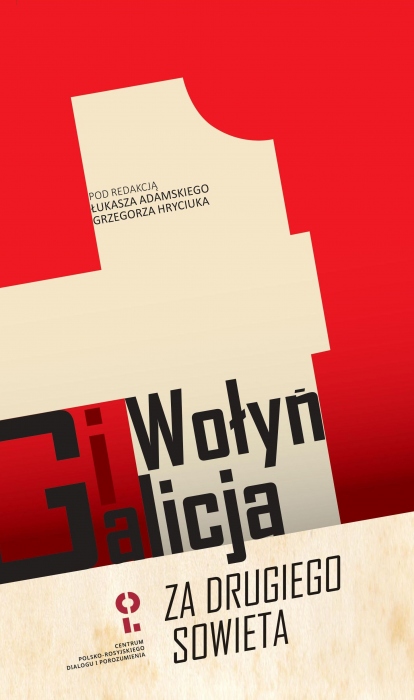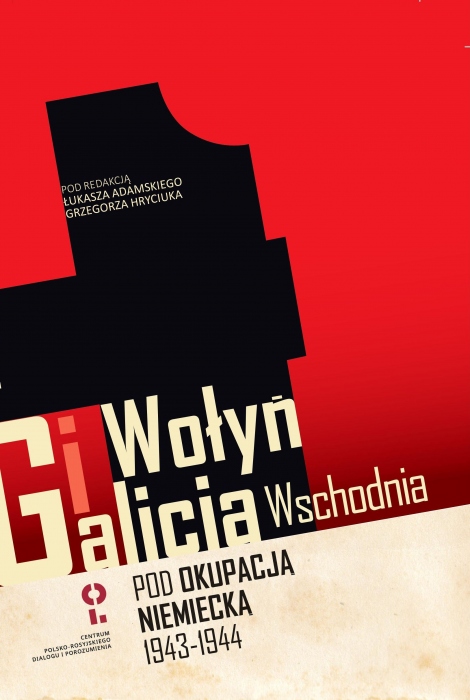Poland-Ukraine. White marks
In the latest issue of the history magazine "Mówią Wieki", of which the Mieroszewski Centre is a co-publisher, the authors of the articles try to answer questions such as: Is today's Ukraine still the same Ukraine, which Słowacki or Sienkiewicz wrote about? What do the terms `Rusia` and `ruski` used to mean?
In the introduction to the issue, editor-in-chief of "Mówią Wieki” – Michał Kopczyński, writes:
"The history of the Polish-Ukrainian neighbourhood is tainted with blood to an extent which is comparable to the historical pasts between Poland, Germany and Russia. The conflict was already revealed in the Polish-Lithuanian Commonwealth, which was unable to resolve the growing problems of the Cossacks and the relationship between Catholicism and the Orthodox Church in a compromised manner. The Cossacks' repeated demands for equal status with the nobility were firmly rejected, as was the case during the election of Wladyslaw IV in 1632 (...).
The outbreak of the great uprising led by Bohdan Khmelnytsky was inevitable. Similarly unavoidable, given the changing course of the fighting, was Khmelnitsky's turn towards Russia. This happened at Pereyaslav in 1654 and caused a years-long war between Poland and Moscow, which the Polish-Lithuanian Commonwealth finally lost. In the 18th century, Russia dominated the territories from the Sea of Azov to the river Vistula; afterwards, Russia attempted not only to control the territories, but also wanted to absorb both nations culturally. However, Russian efforts were not entirely successful, even in Ukraine.
With the nineteenth-century national revival, Poles and Ukrainians were again pitted against each other. The battles for Lviv, Volhynia and the Operation Vistula became further significant points on the list of wrongs claimed by both nations. Is a lasting reconciliation possible in this situation, or will we have to repeat the accusations against each other for decades, perhaps centuries, to come? It is not easy to answer this question, but I nevertheless look to the future with optimism, drawing it from other examples, such as the German-French relationship."
The following texts can be found in the issue:
- Political careers of the Lachs at the courts of the Rurikikovichs
- Colonists or colonisers? Ruthenian provinces of the Commonwealth in the 16th-17th centuries
- Difficult neighbourhood. Orthodox and Catholics in the Ukrainian lands of the Republic of Poland
- Chmielnicki, Kisiel, Wiśniowiecki and others. Patriots or traitors?
- "Hajdamaczyzna" - Russian inspiration under conditions of aggravated feudalism



